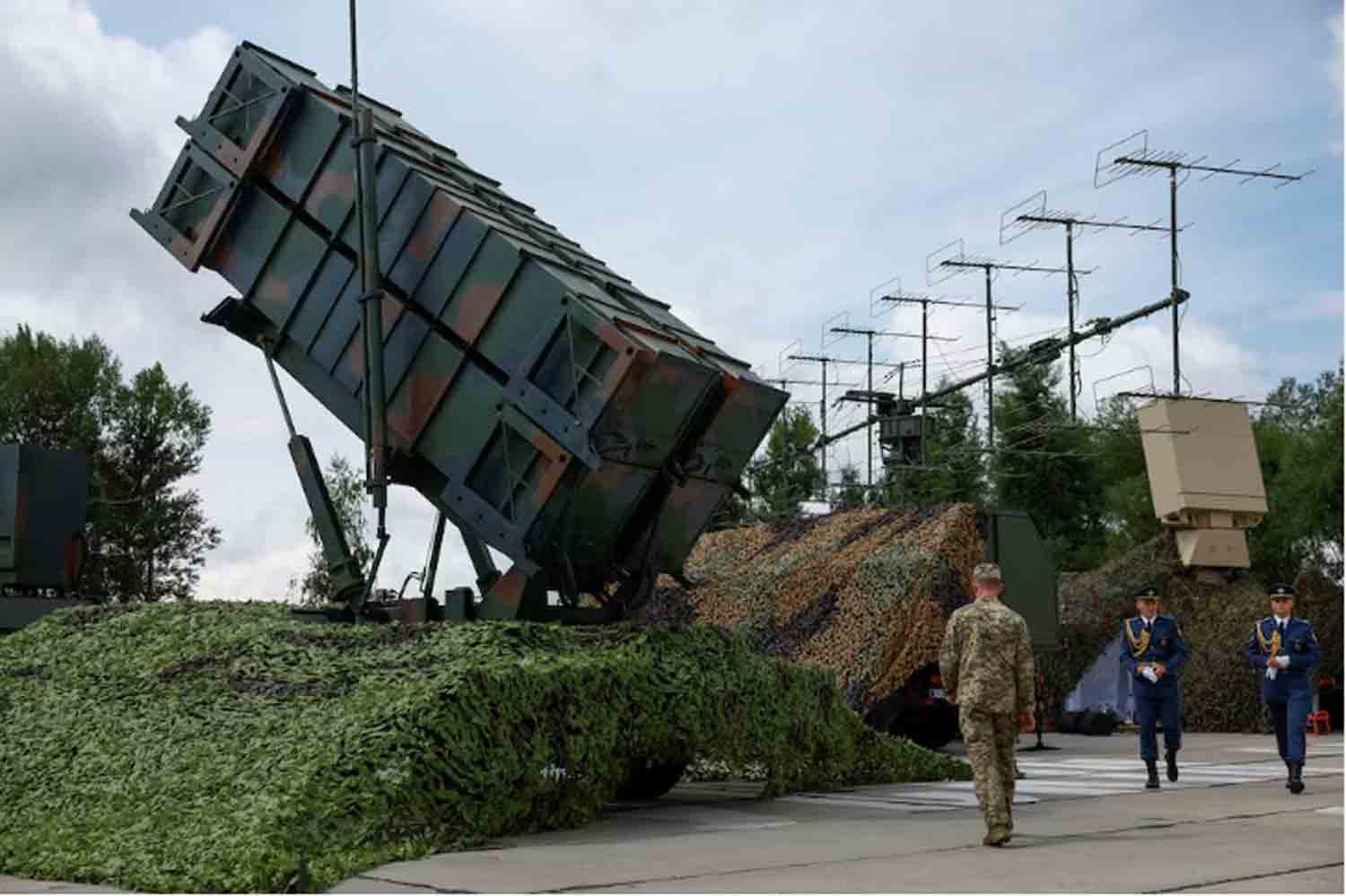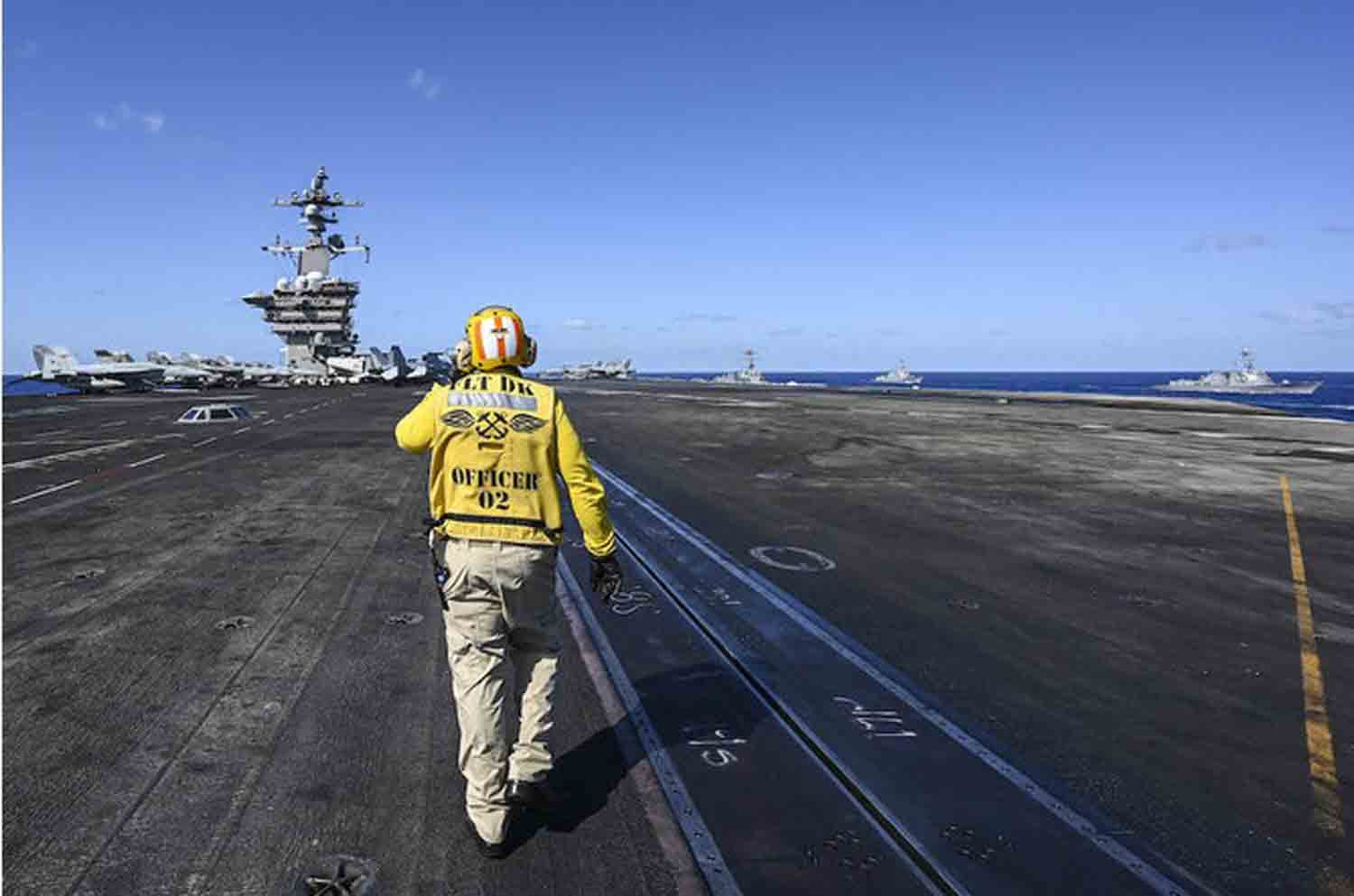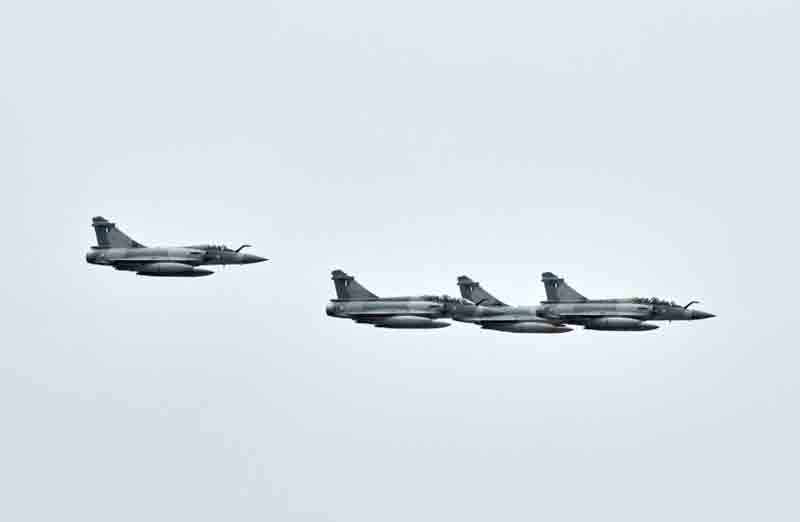Kuwait is enhancing its national security and regional defense strategy through a significant upgrade of its PATRIOT air defense missile systems, a project recently sanctioned by the United States Department of State. This modernization initiative, estimated at around $400 million, represents a crucial advancement in Kuwait’s efforts to establish a strong and technologically sophisticated air and missile defense framework. The U.S. Defense Security Cooperation Agency (DSCA) formally informed Congress about the proposed sale on April 3, 2025, underscoring the ongoing strategic partnership between the two countries.
The upgrade of the Patriot air defense system will involve the modernization and recertification of Kuwait’s current stock of PATRIOT PAC-2 Guidance Enhanced Missiles (GEM) and PATRIOT GEM-T (Guidance Enhanced Missiles – Tactical). These improvements aim to enhance accuracy, reliability, and responsiveness against a variety of aerial threats, including tactical ballistic missiles, cruise missiles, and increasingly advanced unmanned aerial systems (UAS). As the security landscape in the Gulf region becomes more intricate, these upgrades are vital for ensuring operational readiness and deterring potential threats.
The proposed package extends beyond missile enhancements. It includes a comprehensive range of logistical, technical, and training support designed to sustain Kuwait’s air defense systems over the long term. This support encompasses maintenance, specialized tools and testing equipment, repair parts, modification kits, training programs, stockpile reliability assessments, and on-site assistance from U.S. field service representatives and contractors. These resources are essential for keeping the systems mission-ready and operationally effective, minimizing downtime and ensuring a swift response capability.
At the industrial level, RTX Corporation, based in Letterkenny, Pennsylvania, has been appointed as the primary contractor for the initiative. As part of its long-term support strategy, the project plans to periodically send 5 to 8 representatives from the U.S. government or contractors to Kuwait over the next 15 to 20 years to aid in maintenance and sustainment efforts. This ongoing presence highlights the enduring partnership and trust between Kuwait and the United States in the defense arena.
The defense alliance between Kuwait and the United States has been a fundamental aspect of security collaboration in the Gulf region for many years. After Kuwait’s liberation in 1991, military relations between the two nations strengthened, with Kuwait emerging as a vital non-NATO ally and an essential logistics center for U.S. operations in the Middle East. The U.S. continues to engage in rotational deployments and military cooperation agreements with Kuwait, which has persistently invested in American defense technologies to modernize its military and ensure compatibility with U.S. and allied forces.
From a strategic perspective, Kuwait’s investment in advanced missile defense systems conveys a strong commitment to its national sovereignty and regional security. In a region increasingly threatened by missile attacks from both state and non-state actors, the capability to detect, intercept, and neutralize aerial threats is not just a military necessity but a strategic requirement. For Kuwait, enhancing air defense is crucial not only for safeguarding its citizens and vital infrastructure but also for promoting the overall stability of the Gulf Cooperation Council (GCC).
In conclusion, the sanctioned $400 million upgrade of the PATRIOT missile system represents not just a defense transaction, but a strategic effort to bolster Kuwait’s national defense capabilities. This initiative enhances regional deterrence and reinforces the long-standing partnership between Kuwait and the United States. With state-of-the-art air defense systems implemented, Kuwait is more equipped to confront future threats and maintain its vital role in the collective security framework of the Gulf region.
Discover more from Defence Talks | Defense News Hub, Military Updates, Security Insights
Subscribe to get the latest posts sent to your email.





